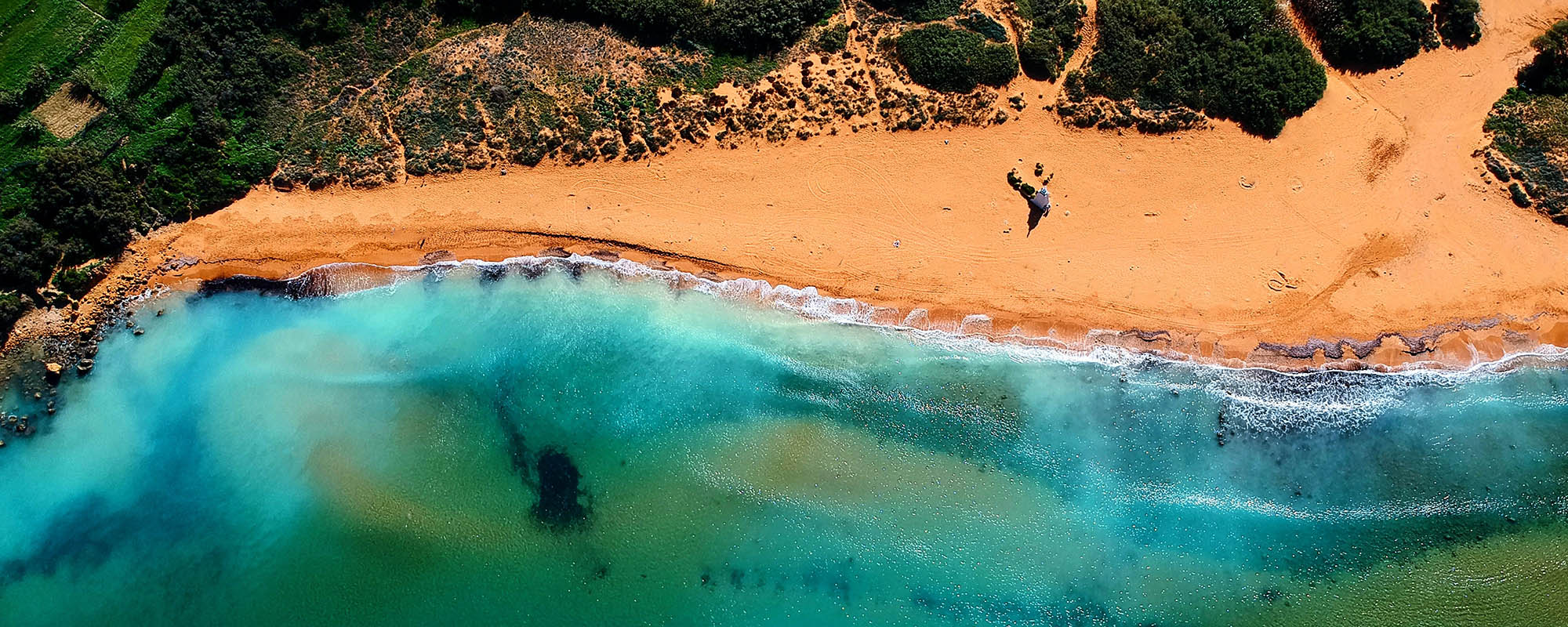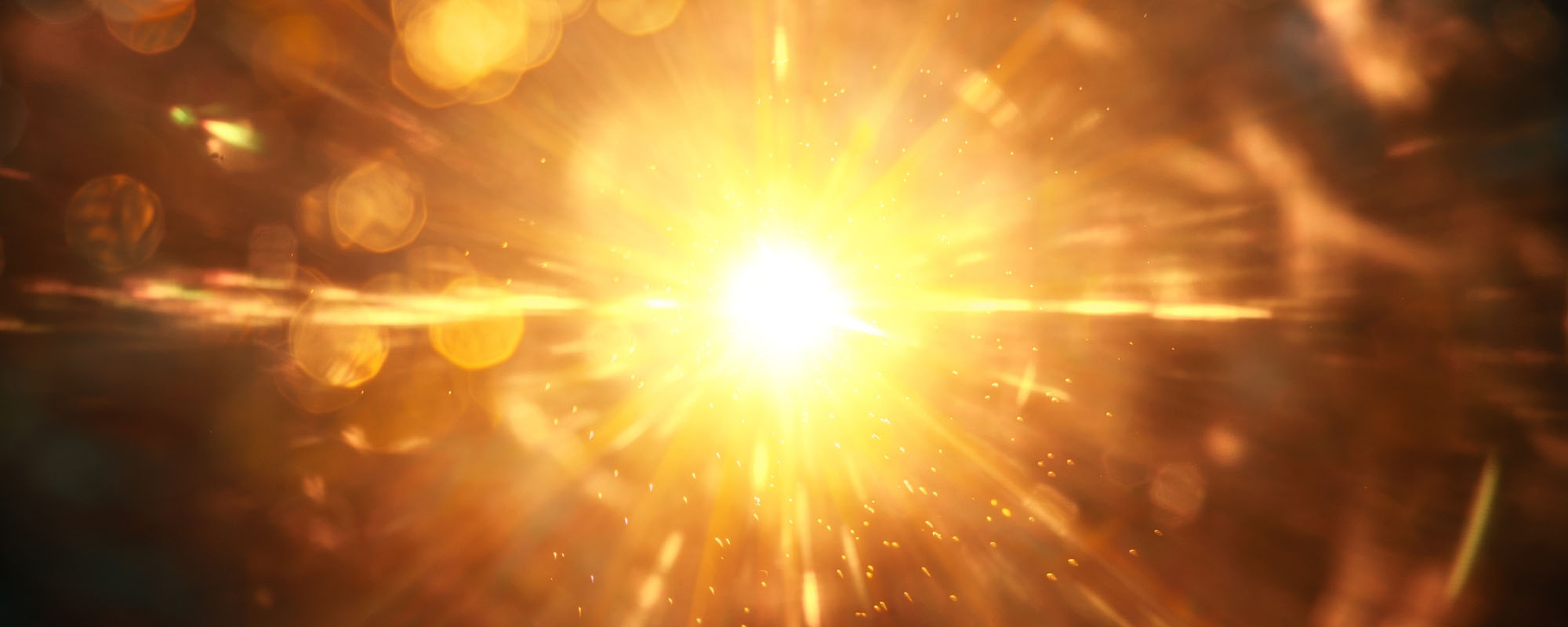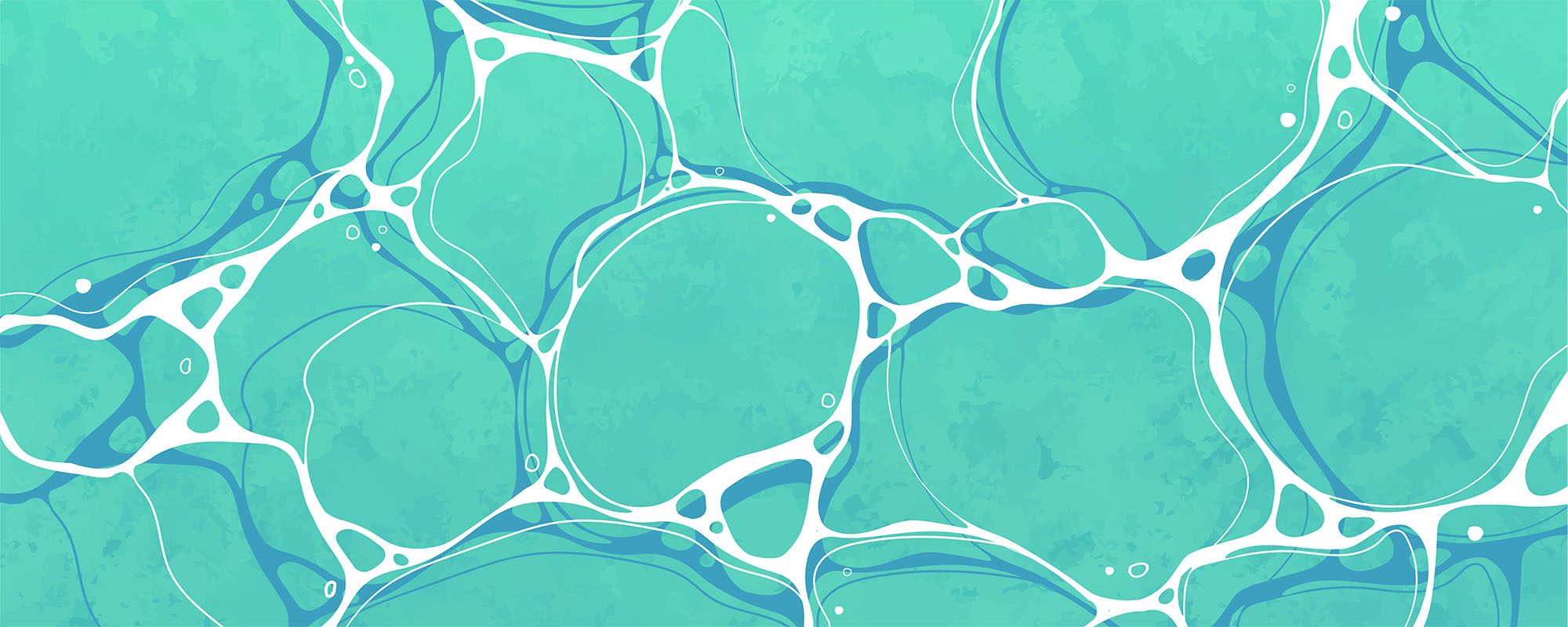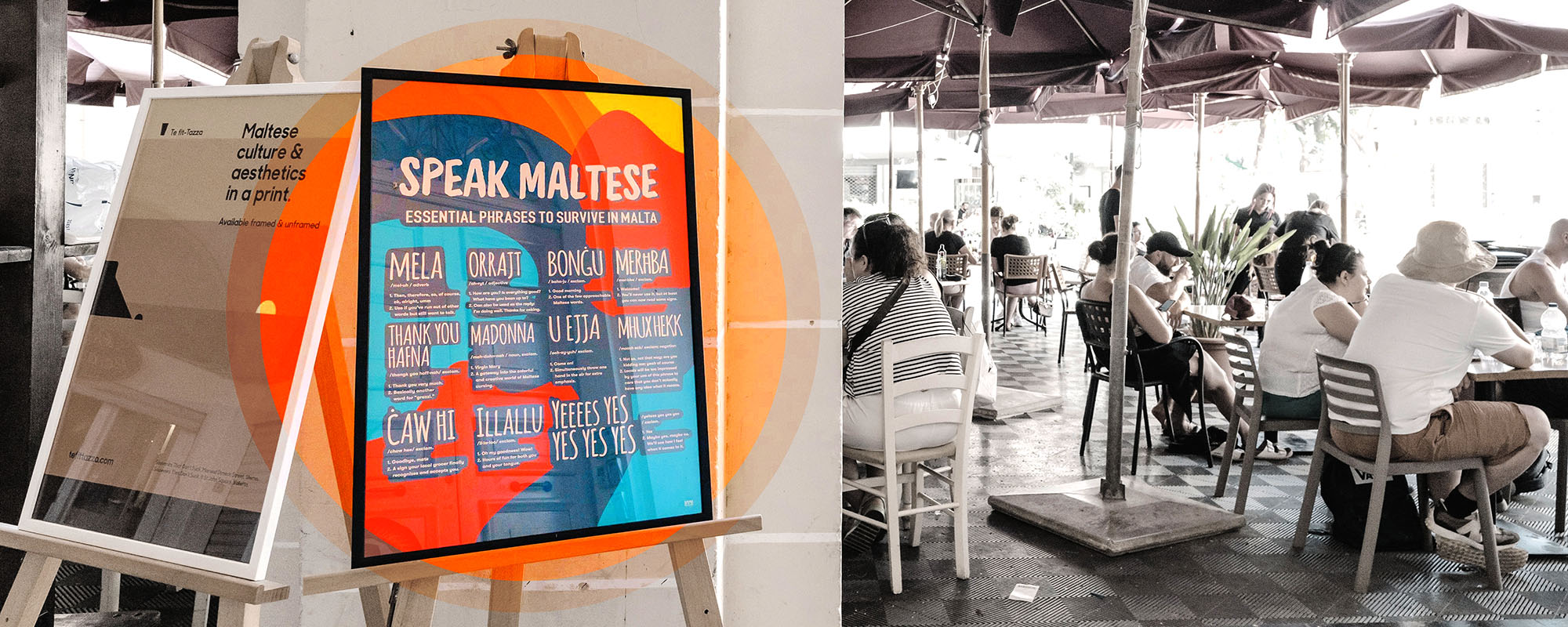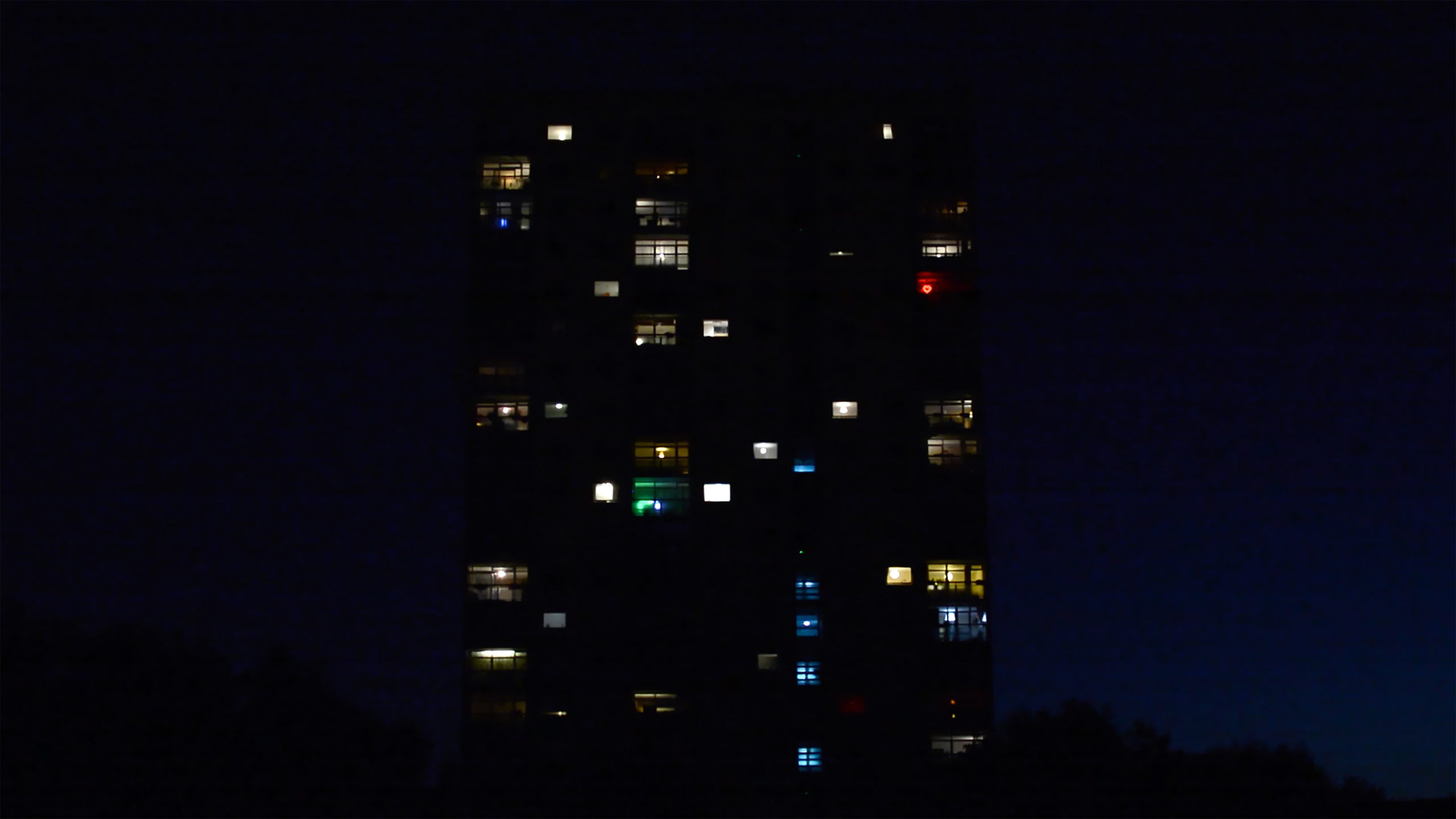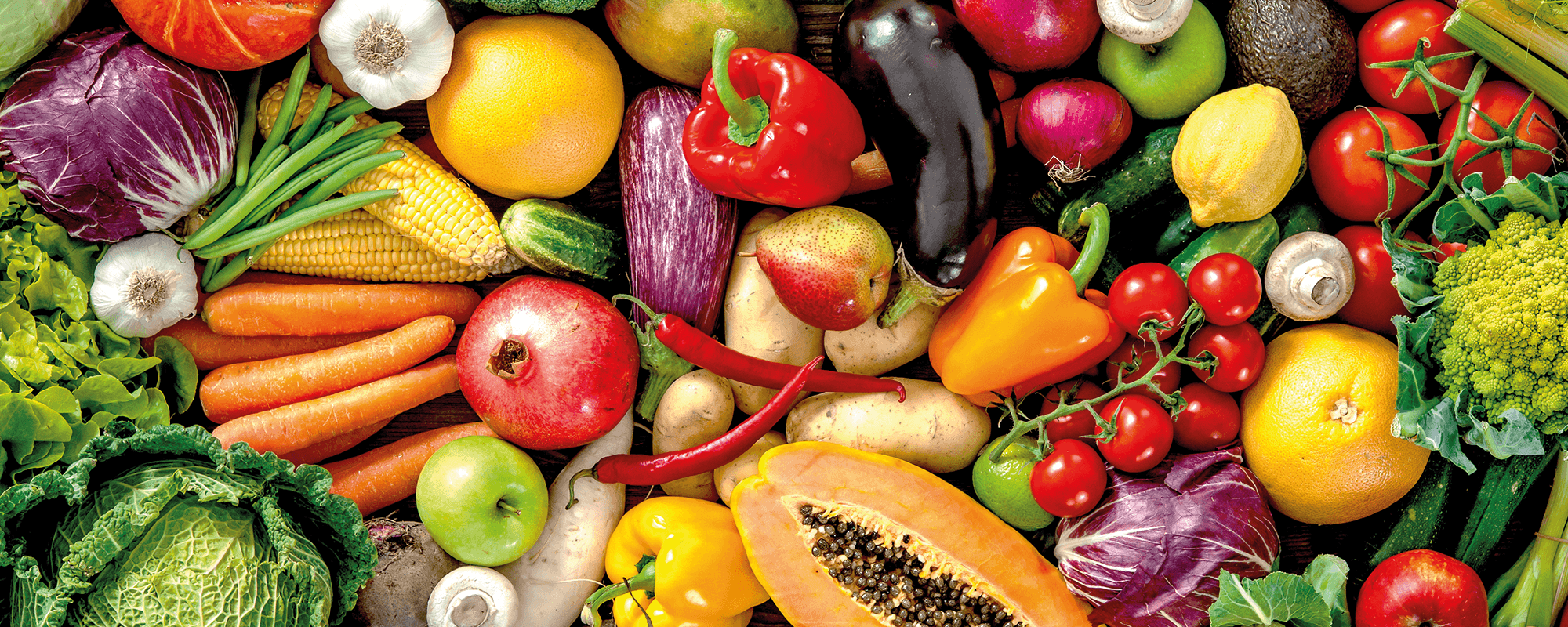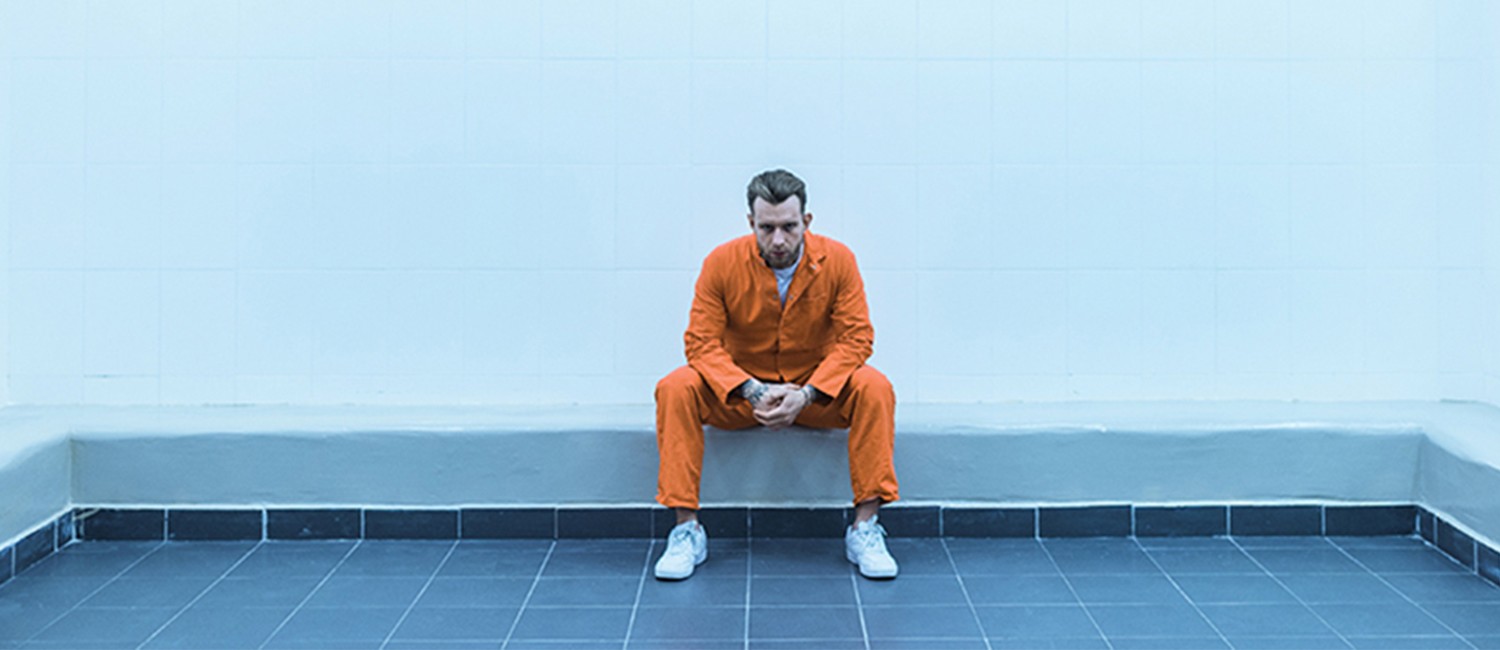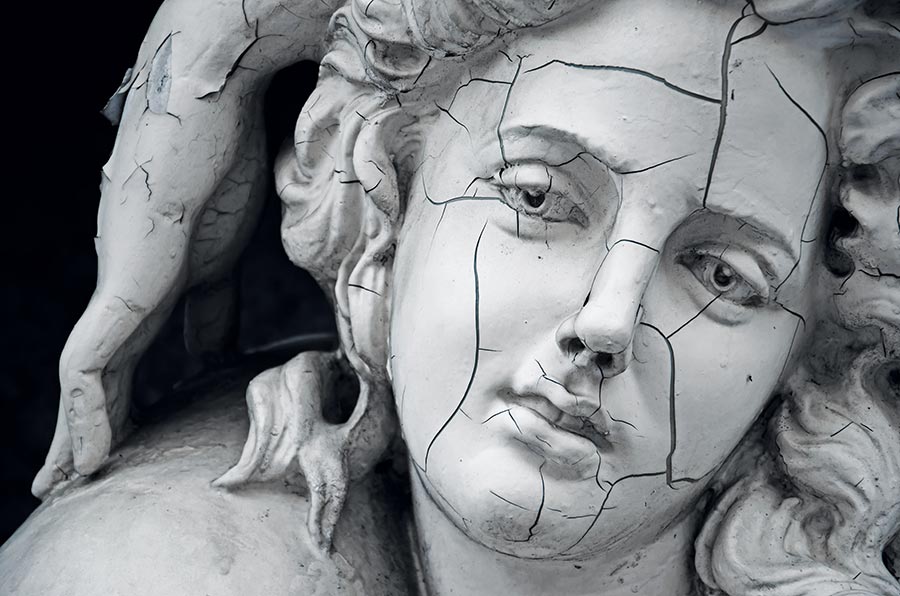The University Maritime Platform (UMP) serves as a platform bringing experts from various backgrounds together to work on marine and maritime issues. This year, UMP is organising an international conference to foreground and discuss such concerns.
Continue readingHUMS ‘The Sun’: Bridging the Sciences and Humanities in a Cross-Disciplinary Exploration
The Humanities, Medicine, and Science (HUMS) Symposia at the University of Malta offer a unique platform where experts from diverse fields come together to explore a single theme from multiple disciplinary perspectives. This academic year, the HUMS first event, entitled ‘The Sun’, provided an interdisciplinary deep dive into the scientific, cultural, and existential significance of our closest star.
Continue readingWater, Malta and a Fraught Future
Water is the last resource. The politics, deprivation and conflict created by water insecurity will define the future. Malta, as one of the most water-stressed countries in the world, will be ahead of the historical and technological curve.
Continue readingSynchronicities between Tourism and Translation
Translation is both a science and an art with practical applications. Let’s explore how translation can address cultural and linguistic misunderstandings in the tourism industry.
Continue readingCreativity in a concrete jungle
Surrounded by ever-changing environments, it is crucial to take the time to pause and reflect. That’s exactly what Maltese-French artist Laura Besançon does in her exhibition Playful Futures — and she’s inviting you to play along. The exhibition attempts to refresh our perspectives on the changing contexts that are beyond our control.
Continue readingI <3 potato
Plant-based diets are going mainstream all over the world. Cassi Camilleri sheds light on the local vegan movement and how reducing our meat consumption can benefit us all.
Some label the rise of plant-based living as evidence of ‘trend culture’. And they’re not all wrong. Traditional media bombards us with countless headlines on the topic’s pros and cons. Hard-hitting advocacy films like Cowspiracy and Forks over Knives expose the horrors of the meat industry. Social media influencers share their experiences with the diet, turning it into lifestyle content. And now the market is following suit with vegan and veggie lines and options popping up everywhere.
In 2016, an Ipsos MORI survey for the Vegan Society identified that 3.25% of adults in the UK never eat meat in any form as part of their diet, equating to roughly 540,000 people. Vegan January—commonly known as Veganuary—is growing in popularity. This year, a record-breaking 250,310 people from 190 countries registered for the month-long vegan pledge. And Malta is no exception.
While the official number of people following a plant-based or vegan diet are unavailable, interest is clear. Facebook pages Vegan Malta and Vegan Malta Eats have a combined following of over 16,500 people.

The reasons behind people’s decision to take up veganism are various, however three main motivators keep being cited: health benefits, ethics, and environmental concerns. For vegan business woman Rebecca Camilleri the process was natural and gradual. ‘There was no real intention behind it for me. But after a couple of months of following this diet, I noticed that my energy levels were better than before, and this encouraged me to learn more on how I needed to eat in order to nourish my body with the right nutrients to sustain my active lifestyle.’
Researcher and nutritionist Prof. Suzanne Piscopo (Department of Health, Physical Education, and Consumer Studies, University of Malta) confirms that ‘moving towards a primarily plant-based diet is recommended by organisations such as the World Health Organization and the World Cancer Research Fund, for health and climate change reasons.’
Oxford academic Dr Marco Springmann has attempted to model what a vegan planet would look like, and the results are staggering. According to his calculations, should the world’s population switch to a vegan diet by the year 2050, the global economy would save $1.1 trillion in healthcare costs. We would also save $0.5 trillion in environmental costs, all while slashing greenhouse gas emissions by two-thirds.
Despite all this, veganism has earned itself quite a few enemies along the way. The vitriol thrown back and forth across both camps is shocking. Relatively recently, UK supermarket chain Waitrose came under scrutiny after magazine editor William Sitwell responded to plant-based food article ideas from writer Selene Nelson with a dark counter offer—a series on ‘killing vegans’. Sitwell was since forced to resign. Nelson posited that the hostility stems from ‘a refusal to recognise the suffering of animals. Mocking vegans is easier than listening to them.’

Abigail Higgins from American news and opinion website Vox agrees that guilt plays a role in the hatred aimed towards veganism, but also proposes that the whole movement ‘represents a threat to the status quo, and cultural changes make people anxious.’ This notion is based on research on intergroup threats and attitudes by US researchers Walter G. Stephan and Cookie White Stephan.
It however remains a reality that some of the loudest voices in veganism in the past have been militant. Some have invoked hatred and threats towards those that they perceive not to be sufficiently aggressive in promoting the cause. Piscopo calls for a respectful discussion.
‘Food is not only about sustenance and pleasure, but has symbolic, emotional, and identity value. Take meat for example. Some associate it with masculinity and virility. Others link it to food security as meat was a food which was scarce during their childhood. Some others equate it with conviviality as meat dishes are often consumed during happy family occasions. What is important is that we do not try to impose our beliefs, thoughts, and lifestyle on anyone.’
The way forward is a ‘live and let live’ approach, according to Rebecca Galea. When her journey started she had people ‘staring strangely at [her] food’. Even her family didn’t take her seriously. ‘They were very sceptical as their knowledge on veganism was very limited at the time,’ she remembers. Now, seeing the effect the switch has made to Rebecca’s life, her positive choices are naturally impacting theirs. ‘Everyone is free to make their choice,’ she says. Embodying the philosophy of leading by example, Rebecca has even set up her own business making delicious vegan nut butters, spreads, and more, to great success. ‘The more vegan options are available [in Malta], the more people will be attracted to learning and accepting the benefits of veganism. This might also lead to them following a vegan lifestyle!’
With that, and sharing valid, up-to-date research-based information, as Piscopo suggests, it seems there is no stopping this ‘trend’. And who would want to when veganism can lead to a lower carbon footprint and better health for everyone?
Punish or rehabilitate?
Author: Michela Scalpello

Imagine walking into an animal shelter. Sad eyes look to you, nameless, all of them hoping to be shown kindness, all of them hoping for a second chance at happiness. Your heart goes out to them, but there are so many you don’t have time to focus on each individual. They have food and water; they are alive—it will have to do.
Prisons are not so different. Desperation is palpable. People walk the grounds alone, shunned and forgotten. Sentenced to prison for criminal offences, they were promised care and rehabilitation to prepare them for a better life. And yet, the first reaction for most people when they see this is not empathy, but scorn. ‘Help them? Why should we? Leave them there! They deserve it.’
Prison populations are the most surveilled population, but also the most invisible. Sensationalist stories are plastered all over the news, yet in-depth prison reports are never widely disseminated. The media believes citizens do not want the truth about the dull misery inside. They want a story; they want drama.
As it stands, prisons are disheartening places. They’re spaces for punishment, very rarely offering rehabilitation of any kind. Politicians favour harsher punishments as a show of power and control.
What they fail to mention is that around 95% of individuals sentenced to prison eventually return to their communities. They will become your neighbours.
In 2018, a report by Crest gave evidence against the common belief that punishment and rehabilitation can never be effectively combined. It doesn’t take much to offer a humane, educative environment behind prison walls. Prisoners need purposeful activity, focusing on education and on developing essential skills aimed at securing a job. We need to look at inmates and remember that they are, first and foremost, people, each with their own individual needs.
People with nothing to do find ways to pass the time. When no positive choices are available, it is all too easy for inmates to get caught up in the prisonization effect, teaching each other the tricks of the criminal trade. On the other hand, those engaged in training programs are at least three times less likely to reoffend, armed with an alternative to criminality.
Do you still think we should throw away the key?
Home
Author: Dr Pat Bonello

The theme of this edition of THINK magazine is meant to evoke feelings of belongingness, identity, warmth, and solidarity. Our home is usually a place associated with these positive feelings: a place where I can be myself and, in a safe environment, develop into the me I want to be. This is something valuable, something which we should safeguard passionately. At the same time, as a social worker, I know many people for whom ‘home’ does not have such positive connotations.
The people that come to mind are abuse victims, children and adults living with domestic violence. For them, ‘home’ means suffering, often accompanied by a feeling of helplessness. Others find ‘home’ a difficult concept. Think of people who cannot make ends meet, who have difficulty paying their rent, who cannot afford to buy their own house because of high property prices. Then there are those who can no longer live in their own house because they are unable to look after themselves, be it because of old age or health issues. There are members of broken families who have difficulty identifying their home, asylum seekers who left home behind, and people who have lost a family member and now associate ‘home’ with sadness.
Everybody needs a place where he or she feels ‘held’ and safe enough to develop his or her potential. But if ‘home’ does not fit this bill, where will this environment be?
This is where a network of social solidarity, both formal and informal, comes into play. Alternatives for people with issues related to the concept of ‘home’ include foster placements, shelters, or other residential facilities. But these services are tasked with much more than providing mere accommodation. They need to create an environment which meets the needs of the persons who live there. They need to provide a safe space for people to come in, be themselves, and develop their potential.
For those who don’t need to move out of their current home, options include support and professional interventions, such as family therapy, to deal with the sadness associated around the home, or to improve the dynamics within it. Social service providers in Malta and Gozo carry a lot of responsibility. Unfortunately, the supply does not always meet demand, and some people have to wait considerably before being able to move into more comfortable and nurturing placements—sometimes while living in abusive environments. In other situations, the necessary support is not readily available, as in the cases of asylum seekers and homeless people who need a roof over their head.
While formal support is important and necessary, all Maltese citizens need to share the responsibility and offer a helping hand without judgement. That way, Malta will be able to nurture communities that work together to create ‘homes’ which cherish everyone, respecting their dignity and worth and encouraging them to flourish.
Protecting prisoners from radicalisation
Curbing extremism and violence is high on the global agenda. With prisons known to be a breeding ground for recruiters, are we doing enough to protect our inmates? Michela Scalpello writes.
Continue readingHistory, Medicine, and Art
We still live in a world where being beautiful is vastly important.
Throughout history the concept of ‘beauty’ has been merged with our concept of what is morally ‘good’. Since the Ancient Greeks, who thought that beauty was inherently good and ugliness was inherently evil, we have struggled to move away from this way of thinking. A ‘normal’ individual is usually de ned as ‘beautiful’ in some sense, be it through good health, social class, or appearance. Problems arise when the binary emerges, seeing deviations from the norm rejected as ugly, dirty, immoral, and ‘sick’.
Working with various international research instuitions across Europe and the US, Professor John Chircop (Department of History, Faculty of Arts, University of Malta) is delving into how our understanding of what is beautiful is used within the social, political, and medical spheres of our society to mould perceptions and construct ways of control over how we see and treat ourselves and others. Our perceptions of what is beautiful or ugly shapes constructions of the ‘Other’, and makes easier the control of sectors of society that are considered to be a threat to public health and the social order—the destitute, prostitutes, and criminals—dirty, diseased, amoral, and ugly. There are striking examples in history of medical institutions isolating those that did not t the norm. To this day, the idea of ‘beauty’ still segregates society.
Historically, disease was thought to be contagious and transmitted through physical contact, or even inhalation. In Europe, even up un l the early 20th century people were encouraged to keep a safe distance between themselves and anyone who might be considered ‘dirty’ and even contagious. Racial discrimination against Arab Muslim pilgrims upon returning from their annual Hajj saw them detained in quarantine for fear they might be carriers of disease from these ‘dirty’ places. Before being granted re-entry to southern Europe, they had to endure physical examination and fumigation to cleanse them. While this selective segregation based on ethnicity may seem ridiculous now, are things really so different today?
Chircop suggests not. ‘These same concepts are shown today by the way we treat migrants from war-torn countries.’ In general, non-European and, especially, irregular migrants are segregated, kept away from society, and treated as second-class citizens. In place of quarantine ‘fumigation’, we now use biometrics, with routine physical tests, and vaccination. We can try and justify this by highlighting the developments in technology, justifying our actions by emphasising the scientific or ‘medical’ benefit of these examinations. But really the ideas behind this are the same; by treating a population as different, necessary for testing, we automatically create a distinct on between ‘us’ and ‘them’. This segregation is then reinforced in art, political cartoons, popular films, television, and wider social media.
Although much progress has been made in human rights and fair treatment of individuals, prejudice is insidious and subtle. It has melded itself into the fabric of society, and we need to be aware of it to change it. Chircop states, ‘to go about changing this, we must start from the present, and go back in history.’ By learning from our past, we can expand the concept of beautiful in today’s society.

